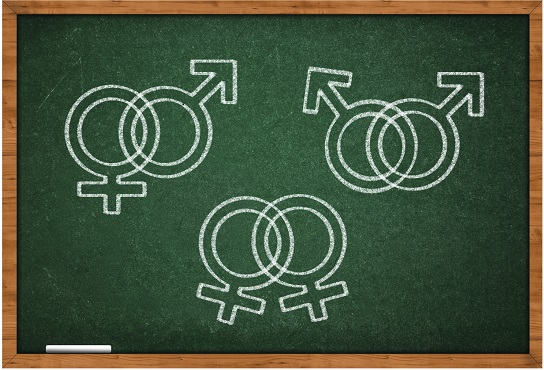Whilst discussion continues around PSHE becoming statutory, sex and relationship education consultant Rebecca Jennings explains why schools should continue to focus on SRE.

Information around sex and relationships is ever changing and with even more ways for children and young people to access information, we as professionals need to ensure pupils are receiving the correct information from a reliable source. It is paramount that pupils receive up to date and factual information relating to sex education, sexual health and relationships.
I wholeheartedly believe that effective SRE is beneficial to ensure we reduce future STIs, unwanted pregnancies, and overall we empower our children and young people to feel confident in making informed and educated decisions based on the correct information.
There are so many influences including media, music lyrics, celebrity culture, and the internet. The internet provides young people with the ability to find out almost anything on their phones, tablets and computers.
Those who do not feel comfortable asking for advice around SRE may inadvertently learn pick up incorrect information from unreliable sources. Effective SRE ensures pupils feel more confident, dispels myths and provides clear factual information around a whole range of topics from puberty, sexual health, sexuality, relationships, contraception, birth and pornography.
Through SRE, pupils will be able to use the correct information to seek the advice they need and therefore continue their educational journey and achieve their fullest potential. Children and young people feel more comfortable asking questions and accessing services if they feel it is a subject they are allowed to discuss.
For many young people access to pornography could be is their only insight to sex education and therefore some believe in this fantasy that men can perform intercourse for hours or that condoms are never worn or in fact it is completely normal to have numerous partners! Effective SRE ensures pupils are able to discuss that this is not the case and healthy interactions form a loving relationship based on trust and care.
During sessions with parents, particularly in primary schools, I am often met with the opinion that children should not learn about puberty and change. It is completely understandable and as a parent myself it is hard to comprehend our little ones will at some point begin the change to adulthood and will start to notice feelings towards others. In many schools parents have expressed concerns that teaching SRE will encourage their children to experiment sexually at an early age. In fact broaching the subject from an early age takes away the confusion and makes it a very natural subject to discuss. It is important that there is not such a huge build up.
SRE lessons should take place from Key Stage 1 through to higher education, and prepare pupils to have open and honest discussions with a partner should they choose to be in a relationship. Talking about parts of the body and feelings should feel completely natural. This should always be discussed age appropriately, but using the correct names for genitalia in primary schools, giving confidence to young people who may one day access a sexual health service.
I often have a queue of children or young people after sessions wanting to ask questions in private. Many of them feel that this could be the one and only opportunity to ask! How many years have those questions and concerns built up? How many young people are still out there needing answers?